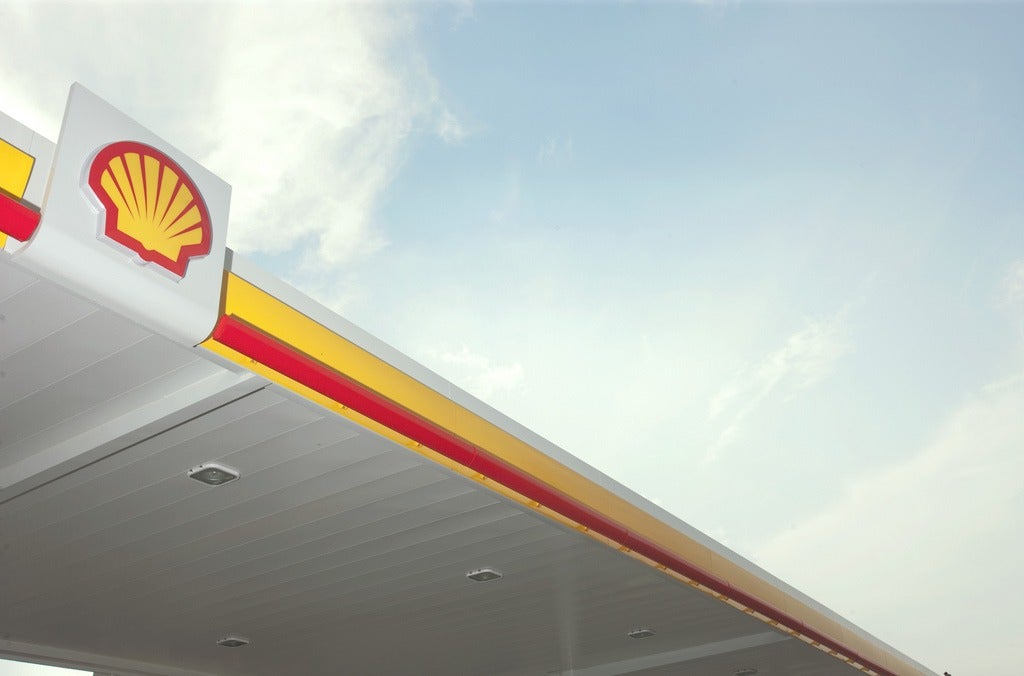
Shell is to invest $300m (£230m) in an attempt to limit the amount of carbon emissions its products create by up to 3% by 2022, it was announced today.
Part of the Anglo-Dutch oil giant’s aim to reduce its net carbon footprint, the plan involves funding lower-carbon transport infrastructure, from battery electric vehicle charging to liquefied natural gas and hydrogen.
“There is no single solution to tackling climate change. A transformation of the global energy system is needed, from electricity generation to industry and transport,” said CEO Ben van Beurden.
“Shell will play its part. Our focus on natural ecosystems is one step we are taking today to support the transition towards a low-carbon future.
“This comes in addition to our existing efforts, from reducing the carbon intensity of oil and gas operations to investments in renewable sources of energy.”

Shell’s plan to cut carbon emissions 2022
In Europe, Shell customers can now access 100,000 electric vehicle charge points through battery technology firm New Motion, one of its subsidiaries
In addition to its $300 (£230m) investment, the company also plans to install 200 new rapid electric vehicle charge-points, powered by clean energy, on its forecourts in the Netherlands – part of its drive to install 500 across Europe.
For customers using internal combustion engines, the company aims to make it easier for them to reduce their carbon footprint through biofuels and carbon neutral driving.
Starting next week, customers using a Shell service station in the Netherlands will be able to drive carbon neutral by using the firm’s nature-based carbon credits.
This will come at no additional cost for Shell V-Power customers, but those using regular petrol or diesel will be set back 1 cent per litre.
Shell acquires its credits from a variety of nature-based projects around the world, including Cordillera Azul National Park Project in Peru, Katingan Peatland Restoration and Conservation Project in Indonesia and GreenTrees Reforestation Project in the US.
Each carbon credit is subject to a third-party verification process and the company claims is equal to the removal of 1 tonne of CO2 from the atmosphere.
The firm is also planning to invest at scale in forests, wetlands and other natural ecosystems around the world in a bid to lower emissions and improve biodiversity.
Mark Tercek, CEO of The Nature Conservancy, said: “Last year’s IPCC report was a wake-up call on climate: reducing emissions starts with fossil fuels.
“Shell’s announcement signals that one of the world’s biggest energy companies is pursuing a decarbonisation strategy with a broad set of solutions, including by investing in nature.
“By doing so, it is helping to curb global deforestation, restore vital ecosystems, and help communities develop sustainably.
“Shell is the first in the industry to set near-term targets for the emissions of both its operations and its products; this is clear progress, but it also illustrates how much work remains to achieve Paris climate targets.
“We look forward to seeing further investment from Shell in these areas.”




